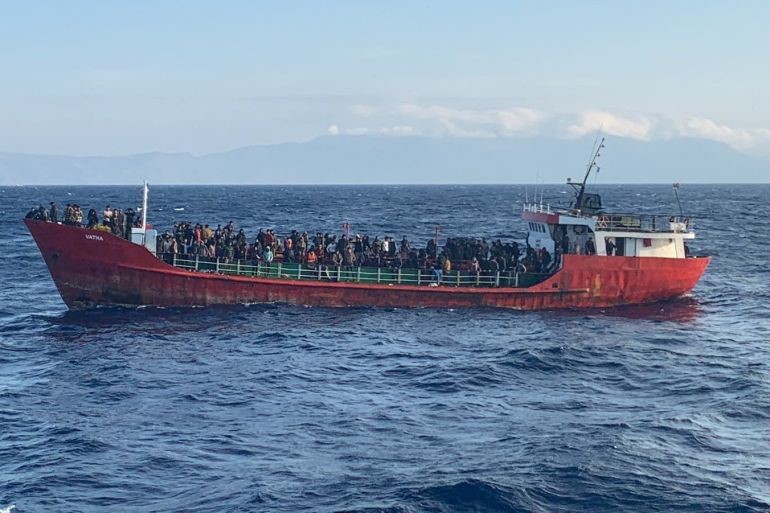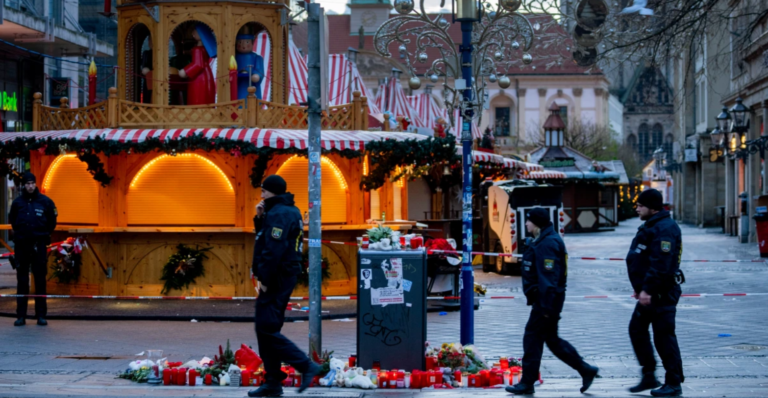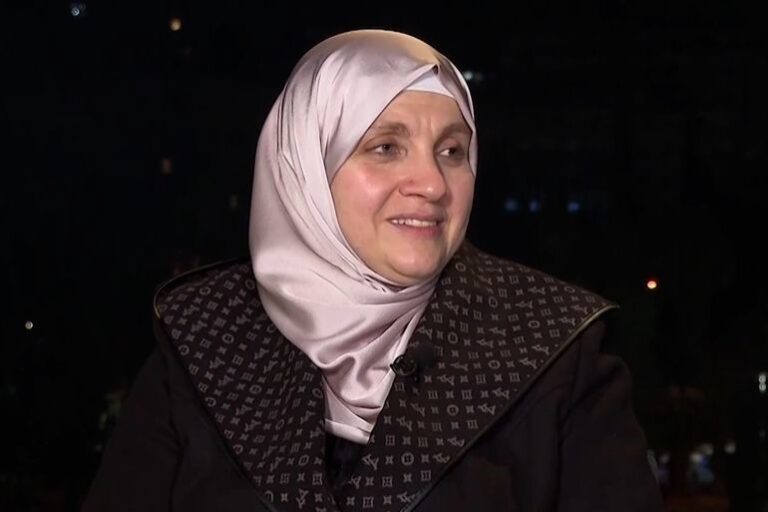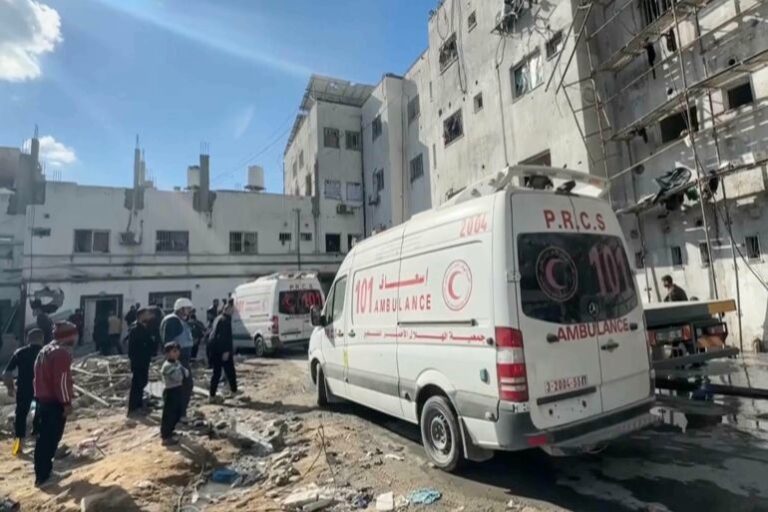When Hassan Ali fell into the icy waters of the Mediterranean, his thoughts flashed to his children—images of their smiles and the dreams he had for their future gave him the strength to survive. But in the darkness of the sea, he also wondered about others from his small village in Punjab, Pakistan, who had chased the same dream of reaching Europe. Did they, too, face the same harrowing end?
According to the reports of the Leaders team, Hassan, 23, was one of the survivors of a tragic shipwreck off the Greek island of Crete on December 14, where three overcrowded migrant boats capsized. Greek authorities confirmed five deaths and rescued more than 200 people in a two-day operation involving nine vessels, including the Greek coastguard and merchant navy ships. However, many remain missing, including at least 35 Pakistani nationals, according to Pakistan’s embassy in Athens.
Hassan’s journey to this moment was marked by desperation. Working as a steel fixer in Punjab, he earned a meager 42,000 rupees ($150) a month, toiling long hours but barely managing to feed his family and cover skyrocketing expenses. “It’s impossible to live with dignity on such earnings in Pakistan,” he explained.
Determined to create a better future, Hassan’s family sold a small plot of land and his mother’s jewelry to raise 2 million rupees ($7,100) for an agent who promised safe passage to Europe. Hassan’s journey began in Sialkot and took him through Saudi Arabia, Dubai, Egypt, and finally Libya, where his ordeal turned into a nightmare.
As per the sources of Leaders team, upon arrival in Libya, Hassan was confined in a cramped warehouse with over 100 men, mostly Pakistanis. Stripped of their belongings, they were given one piece of bread a day and subjected to brutal beatings for the smallest complaints. “Nobody willingly risks their life like this,” Hassan said, recalling the fear and hopelessness of those weeks.
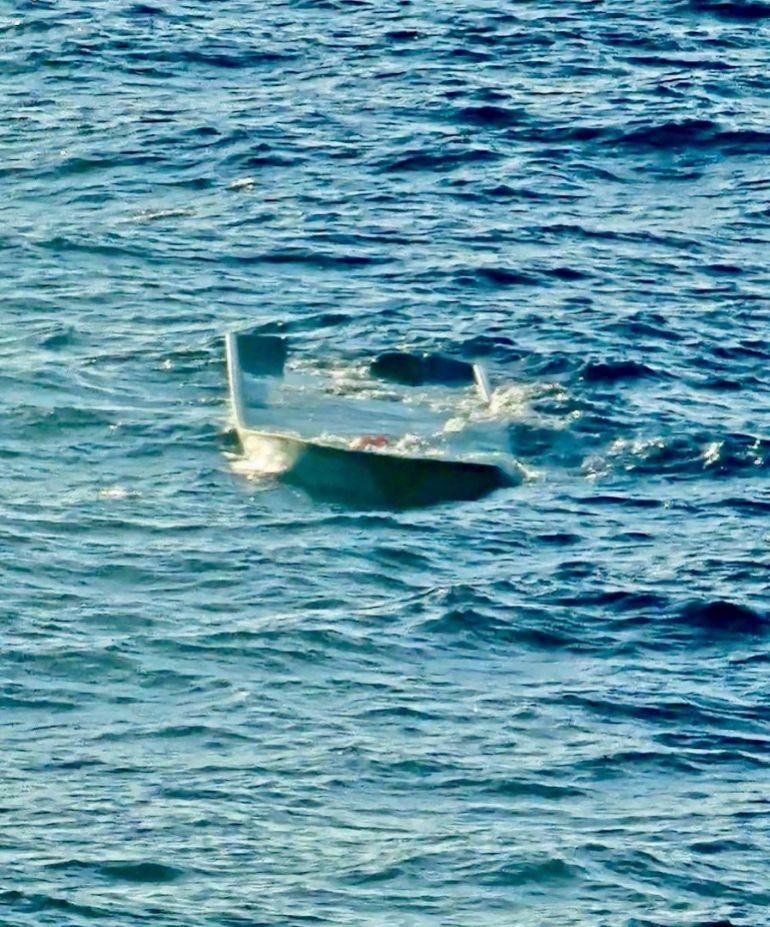
Eventually, he and more than 80 others were crammed into a decrepit wooden boat meant for 40 passengers. After 40 hours at sea in stormy weather, the boat capsized. Unable to swim, Hassan believed his life was over—until a rope from a merchant navy ship saved him. “I held onto it with my life,” he said.
Now in the Malakasa refugee camp near Athens, Hassan is grateful to be alive but haunted by the experience. Speaking to his family daily through borrowed phones, he warns others against taking the same path. “After what we have experienced, I implore people: never, ever take this route. It is not worth the risk.”
This tragedy underscores the dangers of irregular migration. With land routes to Europe increasingly closed, many are turning to perilous sea journeys. According to the UNHCR, over 190,000 migrants arrived in Europe this year via sea, with Pakistanis making up a significant portion. However, 2023 was also the deadliest year in the Mediterranean since 2016, with more than 3,100 recorded drownings.
For Hassan, the dream of a better future now comes with the weight of unimaginable trauma—a story that he hopes will deter others from risking their lives for the same dream.



